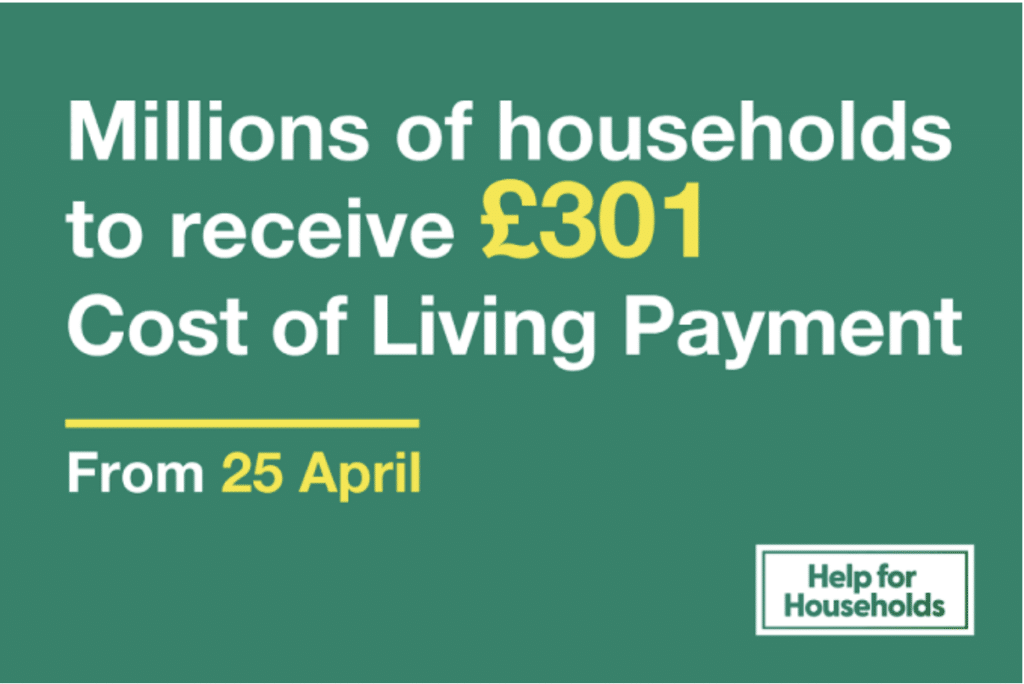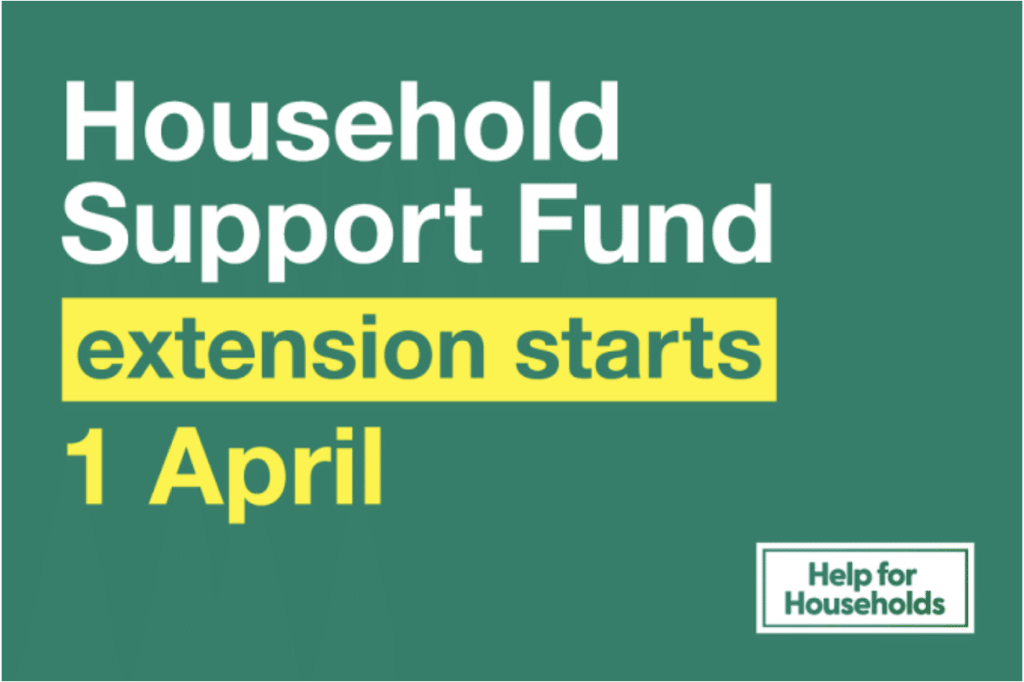Living costs in the UK are on the rise, and it’s impacting a lot of people. Nearly 90% of grown-ups in Great Britain say their expenses are going up.

Everyday stuff like a place to live, food, getting around, and staying healthy are all getting pricier. But not every place in the UK is the same. For instance, it’s way more costly to live in London compared to Manchester.
So, what can we do about it? The government is trying to help with support like the Cost of Living Payments. Plus, there are loads of tips and tricks that you can try to cut down on costs.
By learning about the differences in living costs around the UK and figuring out smart ways to save money, you can make your life better and more enjoyable. Let’s dive into this super important topic and explore regional cost of living differences in the UK, as well as some handy solutions to make living more affordable for everyone.
Overview of Cost of Living in the UK
Living costs in the UK have been soaring over the last ten years. In fact, inflation hit 11.1% in October 2022 – the highest it’s been in over four decades! As of January 2023, 92% of UK households said they were spending more than the year before. So, what does that mean for your wallet?
Imagine you’re a working adult in the UK. In 2022, you’d need to earn at least £293.28 a week just to get by. That’s a massive 26.8% jump from 2021 when you needed only £231.33 a week. But hey, here’s some good news: living in the UK is generally cheaper than in the US, with an average difference of 13.5%.
Here’s a breakdown of the average costs for living in the UK in 2023, according to Expatistan and Numbeo:
| Expense | Cost |
| Family of four (monthly) | £3,959 |
| Single person (monthly) | £2,202 |
| Rent (85 m2 / 900 sqft) in a normal area | £1,336 |
| Utilities (915 sq ft apartment) | £201.94 |
| Internet (60 Mbps or more, unlimited data) | £30.13 |
| Lunch (with a drink) in the business district | £14 |
| Fast-food combo meal | £6 |
| Fitness club (monthly fee for 1 adult) | £31.48 |
| Average monthly net salary (after tax) | £2,320.68 |
Now, you might be thinking, “How do I make my money go further in the UK?” The trick is to find smart ways to save. Sharing a place to live outside big cities and using public transport can help you get by on around $1,500 a month.
But remember, costs can vary depending on where you live. So, let’s explore regional differences in living expenses and find affordable solutions for everyone. Stay tuned for tips on how to live better and smarter in the UK, no matter your budget.
Comparison of Cost of Living in Top UK Cities
Life in the UK can cost more or less depending on where you choose to live. Using data from Numbeo, we’ve compared the costs of living in some of the top UK cities. Check out the differences between the most expensive and cheapest cities in 2023:
| Most Expensive Cities | Cheapest Cities |
| London | Kingston upon Hull |
| Bristol | Aberdeen |
| Edinburgh | Leicester |
| Manchester | Coventry |
| Birmingham | Derby |
Renting a one-bedroom apartment is pricier in London (£1,737) than in Edinburgh (£1,000), Manchester (£800), or Birmingham (£700). Costs for groceries, transport, and fun stuff also change depending on the city.
Why the big differences in price? The pandemic played a part. Many people left city centres to work from home, but now they’re returning, and the demand for places to live has gone up. That means rents are rising too.
But don’t worry, there are still affordable places to live in the UK. Buzz Capital found that Gateshead has the most affordable average house prices, while Leicester is another budget-friendly option, with a one-bedroom apartment in the city centre costing about £730.
What could be the factors driving up these costs? Let’s dig deeper and find the best solutions for affordable living in the UK.
Factors Driving Cost of Living in the UK
In 2023, several factors contribute to the increasing cost of living in the UK, impacting everyone from the richest to the poorest households. Let’s take a look at some of these factors:
- Inflation: The UK has experienced high inflation, with October 2022 seeing a 40-year high. This overall increase in prices affects various aspects of daily life, from groceries to utilities.
- Food prices: The cost of food has risen due to events such as global conflict, changing weather patterns, and driver shortages. These factors have disrupted supply chains and driven up prices for everyday items.
- Council tax: In April 2022, council tax increased for millions of UK households, and additional hikes are expected from April 2023 onwards.
- Petrol and diesel prices: Fuel costs have reached record highs recently, driven by a surge in global oil prices following the easing of pandemic-related lockdowns.
- Energy price increases: Tax increases and rising energy costs put a strain on household budgets, with the poorest households in the UK expected to be hit the hardest by escalating energy bills.
- Housing affordability: The cost of housing is another factor that affects the overall cost of living in the UK. High demand, limited supply, and increasing rent and property prices make it more challenging for many people to find affordable housing.
These factors create a “perfect storm” that has significantly impacted UK household budgets in 2022 and 2023. Understanding the driving forces behind the rising cost of living can help you better prepare and adapt to these financial challenges.
Expert-Backed Strategies for Affordable Living in the UK
Making life in the UK more affordable is achievable by following a few expert-backed strategies. For instance, consider moving to smaller towns or rural areas, which are typically cheaper than big cities. According to TheTravel, living in quaint towns like Shrewsbury or Kendal can help you save on rent and enjoy a more relaxed lifestyle.Sharing living spaces is another effective solution. By splitting rent and utility bills with a roommate or family member, you can significantly lower your living costs. For example, in London, where the average rent for a one-bedroom apartment is £1,737, sharing a two-bedroom flat with a friend could cut your rent almost in half.

Budgeting is essential for keeping your expenses in check. Experts like Martin Lewis, founder of MoneySavingExpert.com, recommend tracking your spending and creating a budget to identify areas for potential savings. By doing so, you can put more money towards your savings goals or pay off debt faster.
Affordable housing options in the UK, such as social housing and shared ownership, can provide relief for those struggling with housing costs. As noted by Shelter, a leading housing charity in the UK, social housing offers lower rents and more security for tenants who can’t afford market rates. Meanwhile, shared ownership schemes enable buyers to purchase a percentage of a property, making homeownership more attainable for those on lower incomes.
When it comes to transportation, Global Citizen Solutions suggests that using public transit or cycling can save a considerable amount of money. In fact, a monthly travel pass in London costs around £142, which is significantly cheaper than owning and maintaining a car. Additionally, cities like Cambridge and Oxford have extensive cycling networks and bike-sharing programs, making biking a viable and cost-effective commuting option.

Lastly, energy-saving measures can help lower your bills. The Energy Saving Trust, a UK-based organization, recommends actions like installing insulation, upgrading appliances to energy-efficient models, and being mindful of energy usage (e.g., turning off lights and devices when not in use) to reduce costs and live more sustainably.
By embracing these affordable living solutions, you can enjoy a better quality of life in the UK without stretching your budget too thin.
Government Support for Cost of Living
The UK government offers various initiatives to help citizens with the rising cost of living, including the Cost of Living Payment program. This program assists those entitled to certain benefits or tax credits by providing up to three payments of £301, £300, and £299, depending on your eligibility and when you receive your benefits or tax credits. The program is available across England, Scotland, and Wales.

To qualify for the Cost of Living Payment program, you must receive specific benefits or tax credits on designated dates. Eligible benefits include income-based Jobseeker’s Allowance, income-related Employment and Support Allowance, Universal Credit, Pension Credit, Personal Independence Payment, and Attendance Allowance, among others.
Eligible individuals will receive the payments automatically, without needing to apply. If you believe you should have received a payment but didn’t, you can report a missing payment through the government website.
In addition to the Cost of Living Payment program, the government offers other financial support initiatives for low-income individuals and families. The Household Support Fund provides financial assistance for those struggling to pay bills, while the Welfare Assistance Scheme offers emergency financial aid to those facing a crisis.

Moreover, the government provides various benefits and grants to help with living costs, such as Universal Credit, Child Benefit, and Housing Benefit. To determine your eligibility for these benefits, you can use an independent benefits calculator.
With these government support programs in place, you can find some relief from the rising cost of living and work towards a more stable financial future.
Overcoming the UK’s Cost of Living Hurdles

The rising cost of living in the UK is a reality for many households in 2023, but by understanding the factors driving these increases and exploring affordable living solutions, you can make informed decisions to stretch your budget further. Government support programs, like the Cost of Living Payment, can provide much-needed relief for eligible individuals. Embracing cost-saving strategies, from sharing living spaces to using public transit, you can mitigate the impact of the rising cost of living and maintain a better quality of life in the UK.
